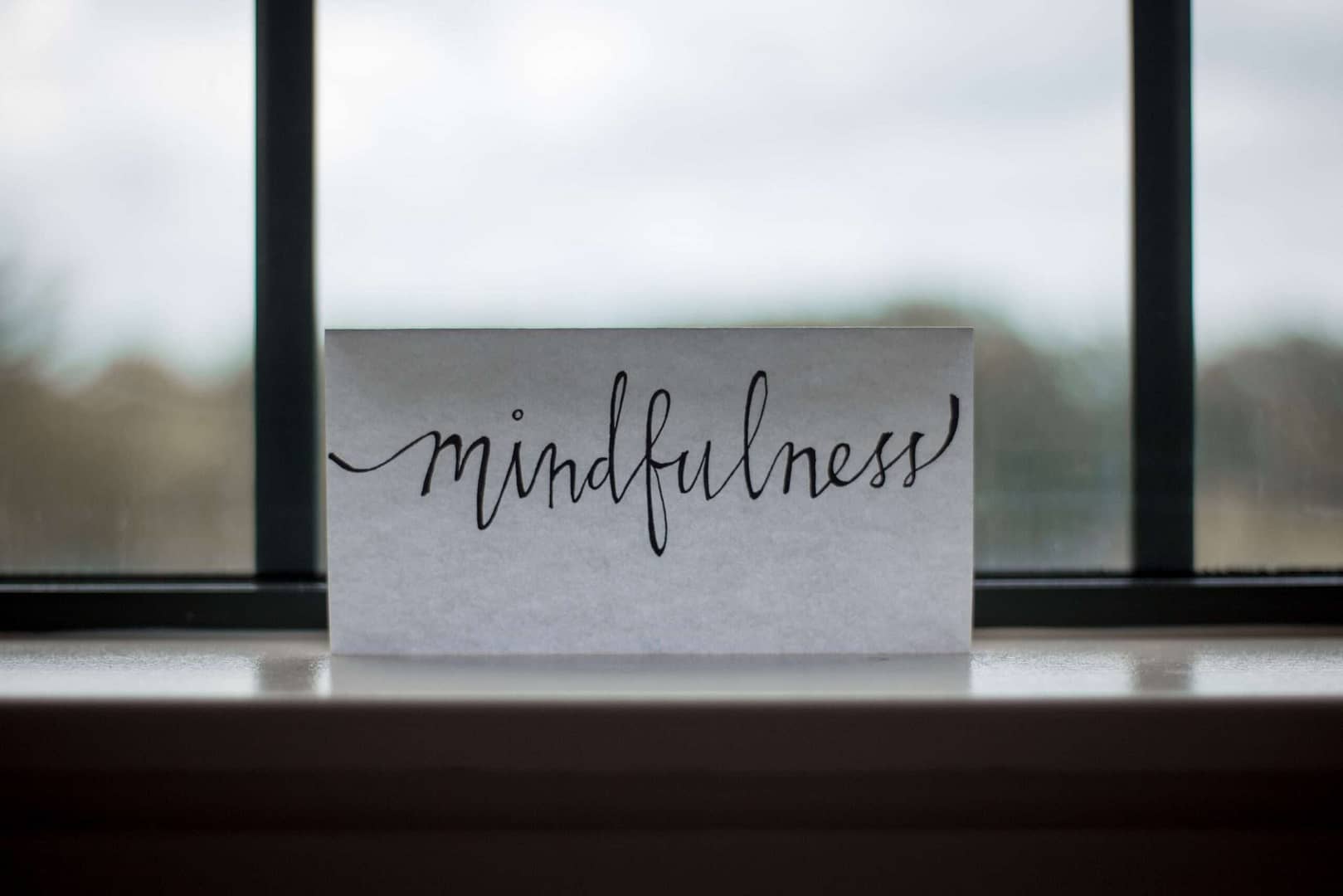The first step to making your life better is to know the psychological laws that affect your everyday life. You can use these laws to help yourself, or you can use them against yourself and make it harder than it needs to be.
At some point in your life, you’ve probably noticed that other people seem to get more opportunities than you do, or perhaps they seem to get all the luck. Or maybe you’ve been working hard on your goals only to find that they’re going nowhere. We’re not saying these things are true about your situation, but we do know what the problem usually is when these kinds of situations happen – and it isn’t something that you can necessarily see with your naked eye.
Here are five psychological laws that can help improve your life.
1. Murphy’s Law
“Anything that can go wrong will go wrong, and at the worst possible time”
In the past you might have been upset at Murphy’s law, but in reality it is a natural law that helps us make better decisions. Research from the University of Cologne and Leipzig University show that when people are prevented from quickly dismissing potential threats, their critical judgement improves and they are able to respond more appropriately. A true example of this happened for a group of marathon runners who found themselves being chased by three unknown males during their training run. The women were so grateful after they had been stopped by the men that they set up an annual charity event in their name. Even though Murphy’s law was thought as one to make your life worse, this is actually one way it can make your life better!
2. Kidlin’s law
“If you can write down the problem clearly, it is half solved”
Kidlins Law is an advice from a famous psychologist which states that if you can write down the problem clearly, it is half solved. What this means is that if you know what your issue is, then it will be easier to fix. An example of this law would be if someone wanted to lose weight but does not know how much they should eat or how often they should exercise.
In order to make use of Kidlins Law one must get into the habit of writing things down. If one finds themselves without pen and paper and in need of writing something important down then they have truly mastered its use. There are many ways in which writing something down can help such as making shopping lists, planning out work tasks, and forming memory retention among other applications. It may seem simple but it works wonders for one’s self-discipline on things that matter most to them personally even when others don’t see their importance at first glance.
3. Gilbert’s Law
“The biggest problem at work is that none tells you what to do”
Whether you’re just starting out, in a new position, or facing a change in your job responsibilities, there’s always one thing that can make things difficult: nobody tells you what to do.
But figuring it out on your own doesn’t have to be difficult. The key is first understanding the law and then applying it to your work situation so that you can find success.
It all comes down to Gilbert’s Law: the proportional rate of growth of a firm is independent of its absolute size. Gilbert’s Law says that successful firms tend to grow at the same proportional rate regardless of their size; in other words, small firms do not start small and stay small, nor do big firms start big and stay big.
4. Walson’s Law
“If you keep putting information and intelligence first at all the time, money keeps coming in”
Since you’re reading this, you might be interested in the psychological principles behind why some people are more successful than others. You may even know someone like this, who’s always looking for new information and intelligence, and seems to always have money coming in, it’s because they’ve mastered Walson’s law: information and intelligence first all the time. Remember that if you keep putting information and intelligence first at all times, money keeps coming in.
5. Falkland’s Law
“When you don’t have to make a decision then don’t make a decision”
People are more likely to regret their decisions than they are to regret not making a decision, so if you don’t have to make a decision then don’t make one.
Falkland’s Law asserts that people tend to spend time in the present valuing actions from the present at the same proportion as the time spent in the future thinking about those actions in the future. In other words, this law states that when deciding between two items, we judge them both at 100%.
Visit usauptrends.com for the newest trends.

Kidlin’s law is the best to follow
Kidlin’s law is best